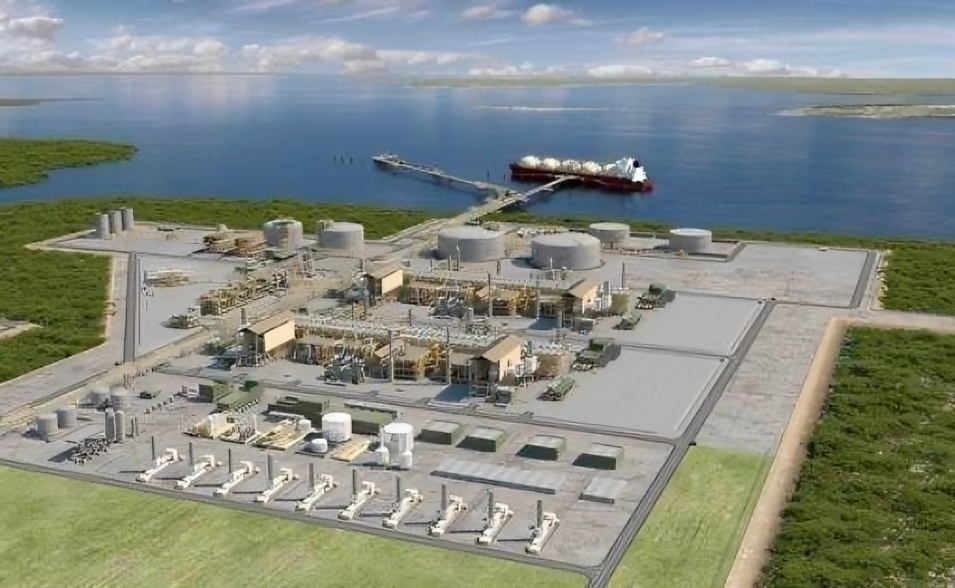KEY POINTS
- ExxonMobil’s Rovuma LNG project in Mozambique is facing delays as partners push back against the company’s choice of early-stage subcontractors.
- Mozambique’s tightened political oversight and lingering security concerns in Cabo Delgado are complicating contract approvals.
- The dispute risks setting back timelines for one of the continent’s most economically significant gas developments.
Rovuma liquefied natural gas from ExxonMobil project in northern Mozambique has run into another patch of turbulence, as disagreements over the first set of service contracts threaten to slow momentum on what is meant to be one of Africa’s most important gas developments.
The American major has been working to settle on the companies that will take on early construction roles for two planned liquefaction trains on the Afungi peninsula in Cabo Delgado, the province that has endured years of insurgent violence and security uncertainty.
What should have been a straightforward contracting process has instead sparked unease among its partners, particularly Mozambique’s state-owned ENH and China National Petroleum Corporation, both of which sit alongside ExxonMobil in the Block 4 consortium.
Partners Push Back Over Exxon’s Contract Choices
The first round of contract selections has been met with quiet but firm objections. Several partners argue that some subcontractors favoured by ExxonMobil either lack sufficient track record in the region or are overly exposed to security and cost risks that could spill into the broader financing of the project.
Although not publicly aired, the concerns echo earlier misgivings raised during preliminary discussions this year over the role of certain construction firms, including Bonatti and China Petroleum Engineering and Construction Corporation.
The tension is particularly awkward given the delicate political backdrop surrounding Mozambique’s gas industry. President Daniel Chapo’s administration has tightened control over dealings with oil majors, funnelling communications through a small circle within the presidency rather than the Ministry of Energy. This shift has left companies more cautious in navigating bureaucratic and political expectations.
As partners debate the contracting path forward, the project is still digging itself out from years of disruption. TotalEnergies’ neighbouring LNG venture is inching towards a formal lifting of force majeure after the worst of the insurgency eased, and its subcontractors have quietly resumed work on-site. ExxonMobil, by contrast, continues to wrestle with what insiders describe as administrative bottlenecks and lingering doubts over the feasibility of its “early works” schedule.
For Mozambique, the stakes remain high. Rovuma LNG, if completed as planned, could transform the country into a major global gas exporter. But each contractual delay feeds worries about competitiveness, financing costs and political patience at a time when foreign investors are recalibrating their exposure to East African energy projects.



